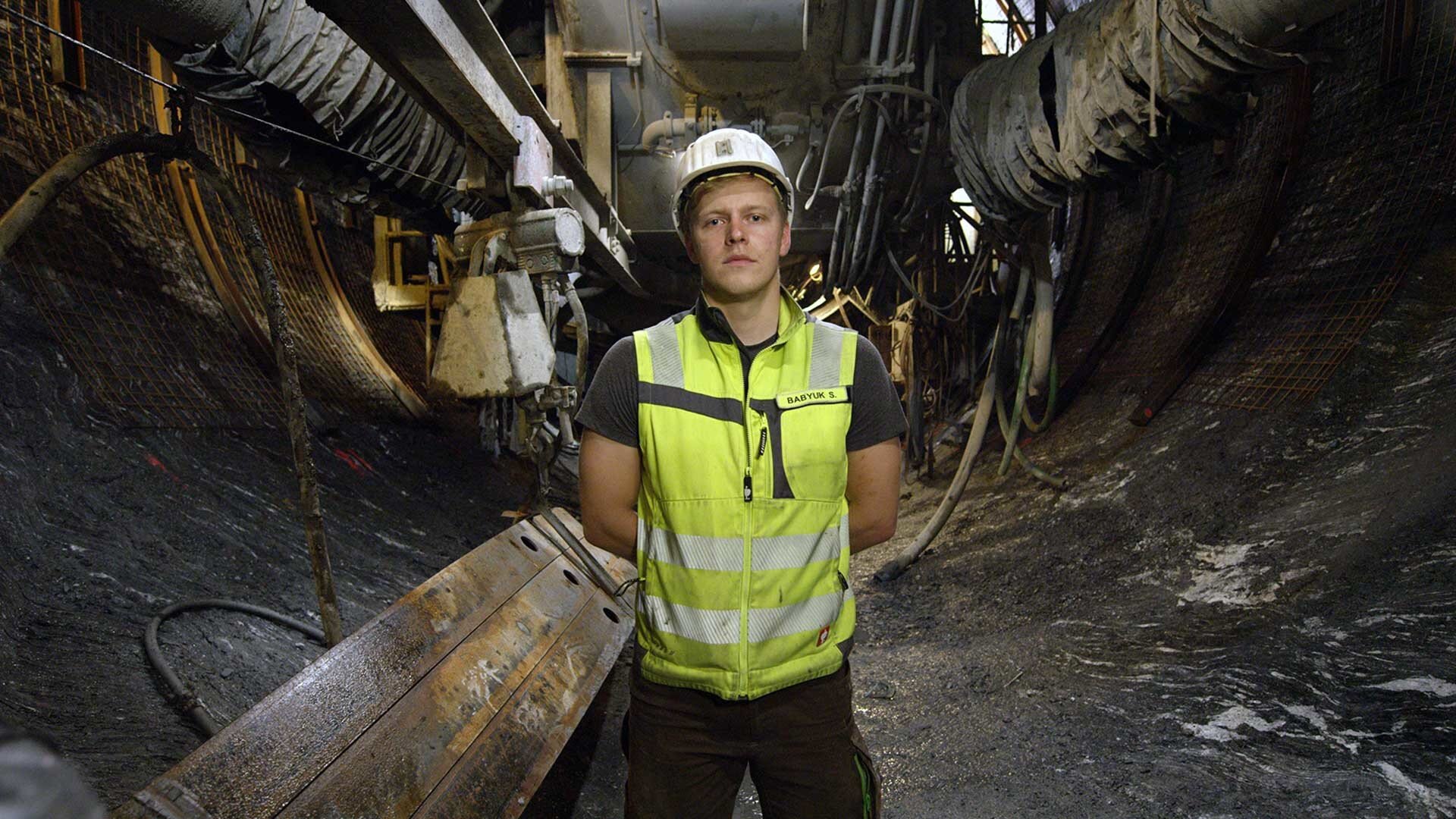Planet in Focus 2019: Earth
Much like most geological exhibits in natural science museums, Nikolaus Geyrhalter’s Earth is visually stunning, but dull as a rock. This is entirely due to the film’s presentation and not its content. Geyrhalter amasses an impressive collection of footage of excavation sites across the globe, from a development in the hills of the San Fernando Valley to mines in Italy and Hungary to a nuclear waste site in Germany and tailing ponds in Canada. Much of the footage is stunning when taken on its own, such as overhead shots capturing the immensity of these geological projects, or a panorama of caterpillar diggers going to work scraping away a mountainside. But it also unfortunately suffers in comparison to the work of Edward Burtynsky and especially the documentary he made along with Jennifer Baichwal and Nicolas de Pencier, Anthropocene: The Human Epoch. As well, there are only so many minutes that you can watch giant machines carving into the earth before the footage grows tedious.
To be clear, the implications of the footage are alarming. Geyrhalter takes a subtle approach to the film’s environmental message, allowing his observational camerawork and factual questions about the geological impact of these operations to culminate in a more alarming portrait of earthly mutilation. Geyrhalter uses a repetitive approach to the imagery to convey a message about the ubiquity of such geological extraction. He barely scratches the surface of the mammoth excavation projects happening across the western world, and doesn’t even dabble into what’s happening in Africa, South America, or Asia (where access to such projects would certainly be refused). But even in his cursory overview of this kind of geological work, the effect is overwhelming.
Repetition, whether in a film or a written work, is a means of belabouring a point, yes, but also of proving how a certain concept or fact is inescapable. In Earth, the repetition manages to show how planetary manipulation is pervasive and inescapable if we want to maintain our current patterns of economic growth; it shows just how tall a task we have if we want to reform our relationship to the planet. And yet, when all this footage is compiled together and presented one after the other for nearly two hours, with no differentiation in presentation and approach, the effect is numbing instead of invigorating. So even if the film’s subtle commentary is appreciated, it’s undermined by the placid approach to form and structure.
In many ways, Earth would function better as a museum installation where the viewer is able to spend as long or as little with each segment as they wish. But Earth is not an installation and rather a feature documentary, so we have to contend with its slow pacing and repetitive approach. What I was left with is a film that plays like a silent alarm, laying bear the ways that we have mutilated the planet, but in such a manner that the provocative message struggles to rouse the attention it deserves.
5 out of 10
Earth (2019)
Directed by Nikolaus Geyrhalter.
